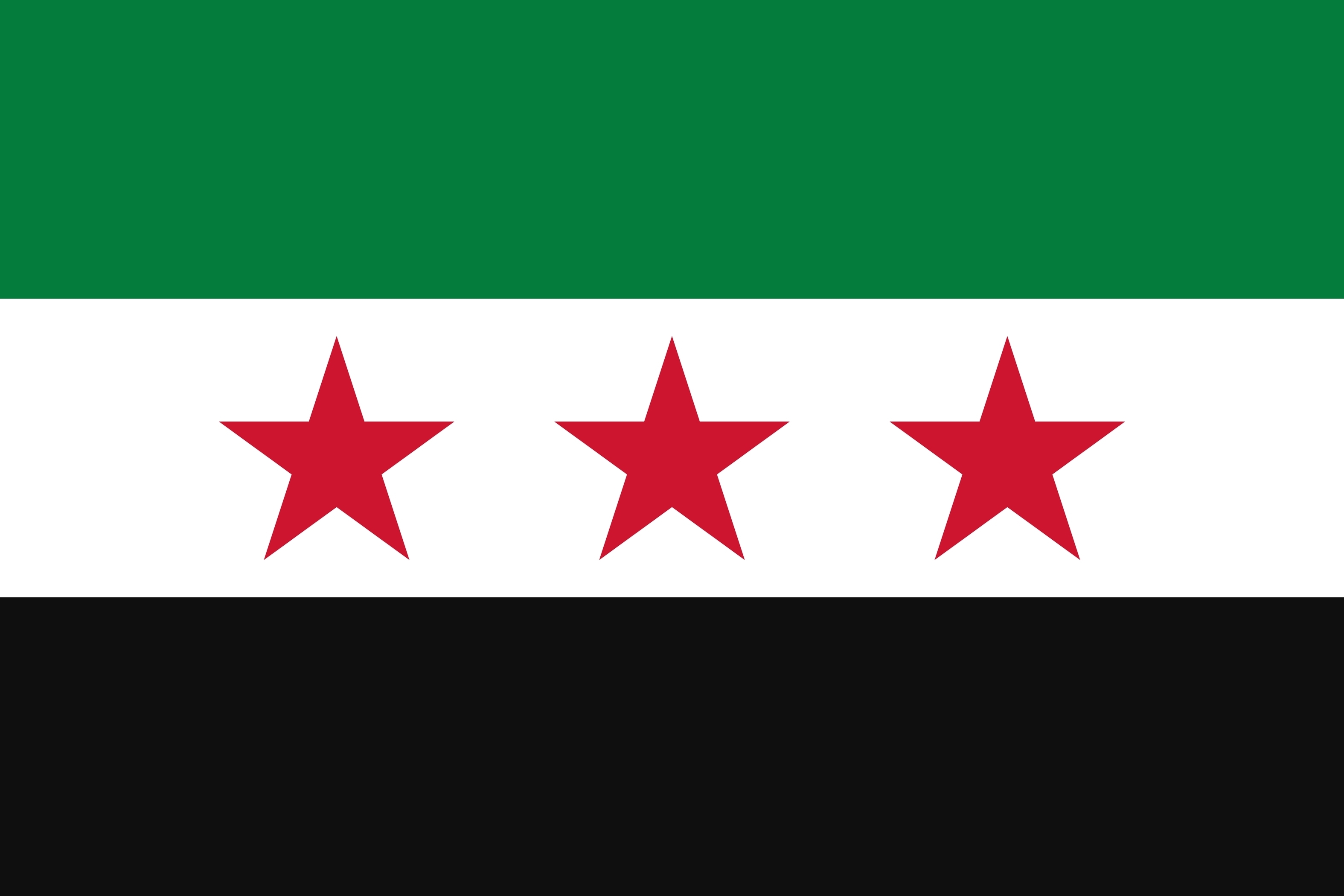The U.S. Department of the Treasury’s Office of Foreign Assets Control (OFAC) on May 23 issued a general license (GL-25) effectively lifting most prohibitions on U.S. persons on that country. This move follows President Trump’s meeting with Syrian President Ahmad Al-Sharaa earlier in the month, which in turn follows the fall of the Assad government in December 2024.
GL-25 effectively lifts the limitations imposed by the Syrian Sanctions Regulations, 31 CFR Part 542 (the “SSR”), which prohibited U.S. persons (defined as U.S. citizens and permanent residents wherever located, other persons physically in the United States, and legal entities organized under the laws of a U.S. jurisdiction) from engaging in virtually any trade in goods, services, or technologies with Syria. It also allows dealings with blocked parties, including Al-Sharaa himself.
OFAC’s move could pave the way for U.S. investment in the country, as well as trade in U.S. and Syrian goods between the two nations. Perhaps equally importantly, the stigma of being subject to broad U.S. sanctions may enable Syria to trade with other countries as well, as fear of derisking has become particularly endemic, with third country parties often following the requirements imposed by the U.S. government on parties under its jurisdiction.
General Licenses are not exemptions per se but effectively substitute for specific licenses issued by the agency for bespoke requests by particular parties. In other words, the SSR continue to regulate the activities that are authorized by GL-25, the difference being that they are now authorized without the need to obtain a specific license, provided all of the applicable conditions are met.

As a technical matter, the GL does not repeal the SSR, leaving the door open to potential reinstituting of those sanctions via repeal of the GL. Separately, the continued existence of the SSR, albeit in a highly abated form, may still cause a damper by parties less familiar with U.S. sanctions regimes.
Very importantly, the U.S. Department of Commerce’s Bureau of Industry and Security (BIS) still maintains strict regulations on the export of items to Syria that are subject to the Export Administration Regulations, 15 CFR Part 720-774 (the “EAR”). It remains unclear as to whether these will be lifted, but it is presumed that an accommodation will be made to align with OFAC’s issuance of GL-25.
Given the touchpoints with other U.S. sanctions programs, GL-25 was issued under various authorities beyond the SSR, including the Weapons of Mass Destruction Proliferators Sanctions Regulations, 31 CFR part 544 (NPWMD), the Iranian Financial Sanctions Regulations, 31 CFR part 561 (IFSR), Global Terrorism Sanctions Regulations, 31 CFR part 594 (GTSR), Foreign Terrorist Organizations Sanctions Regulations, 31 CFR part 597 (FTOSR), and Executive Order 13574 of May 23, 2011.
Please contact Farhad Alavi at falavi@akrivislaw.com or (202)686-4859 if you have any questions.
.
